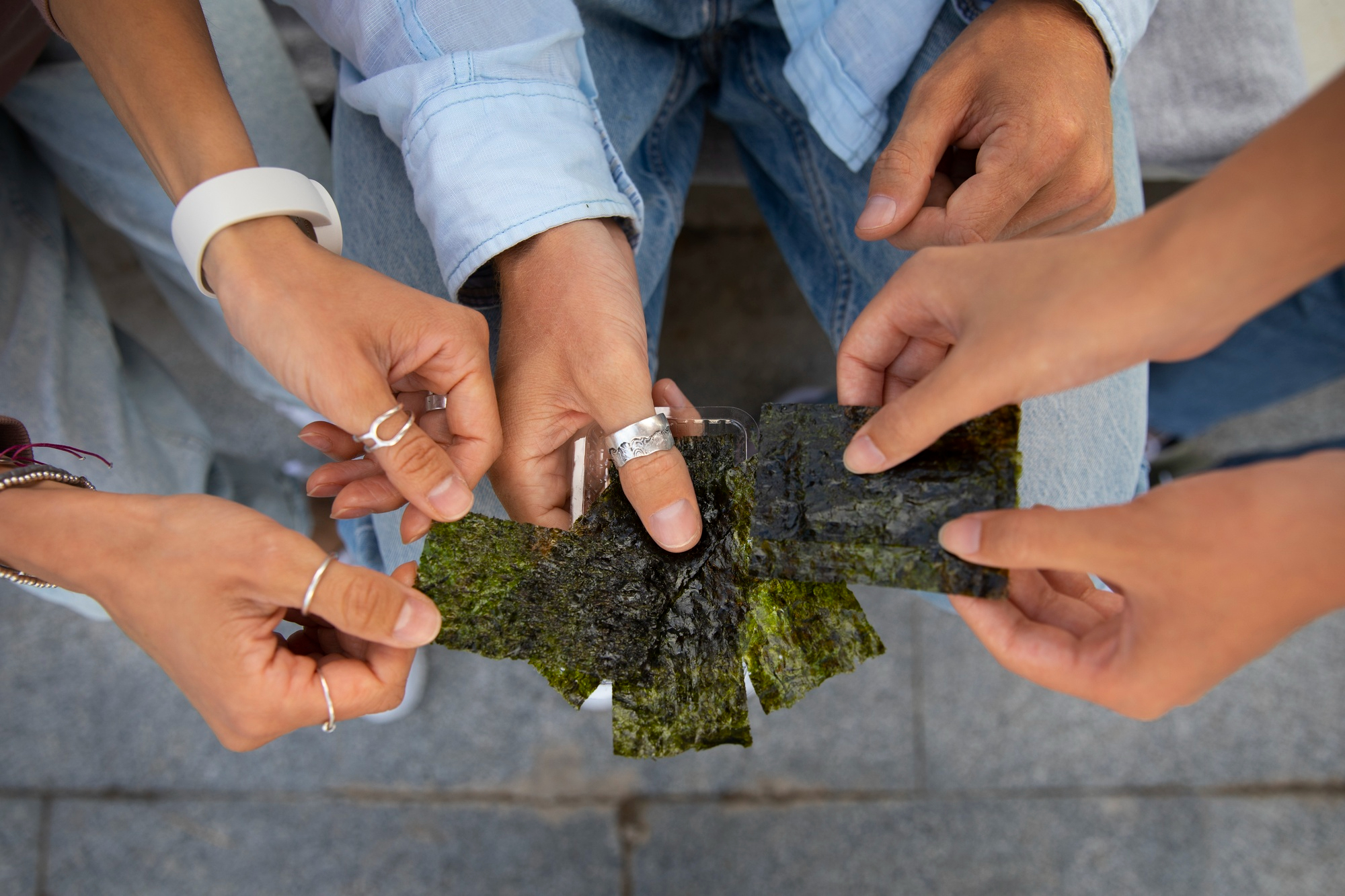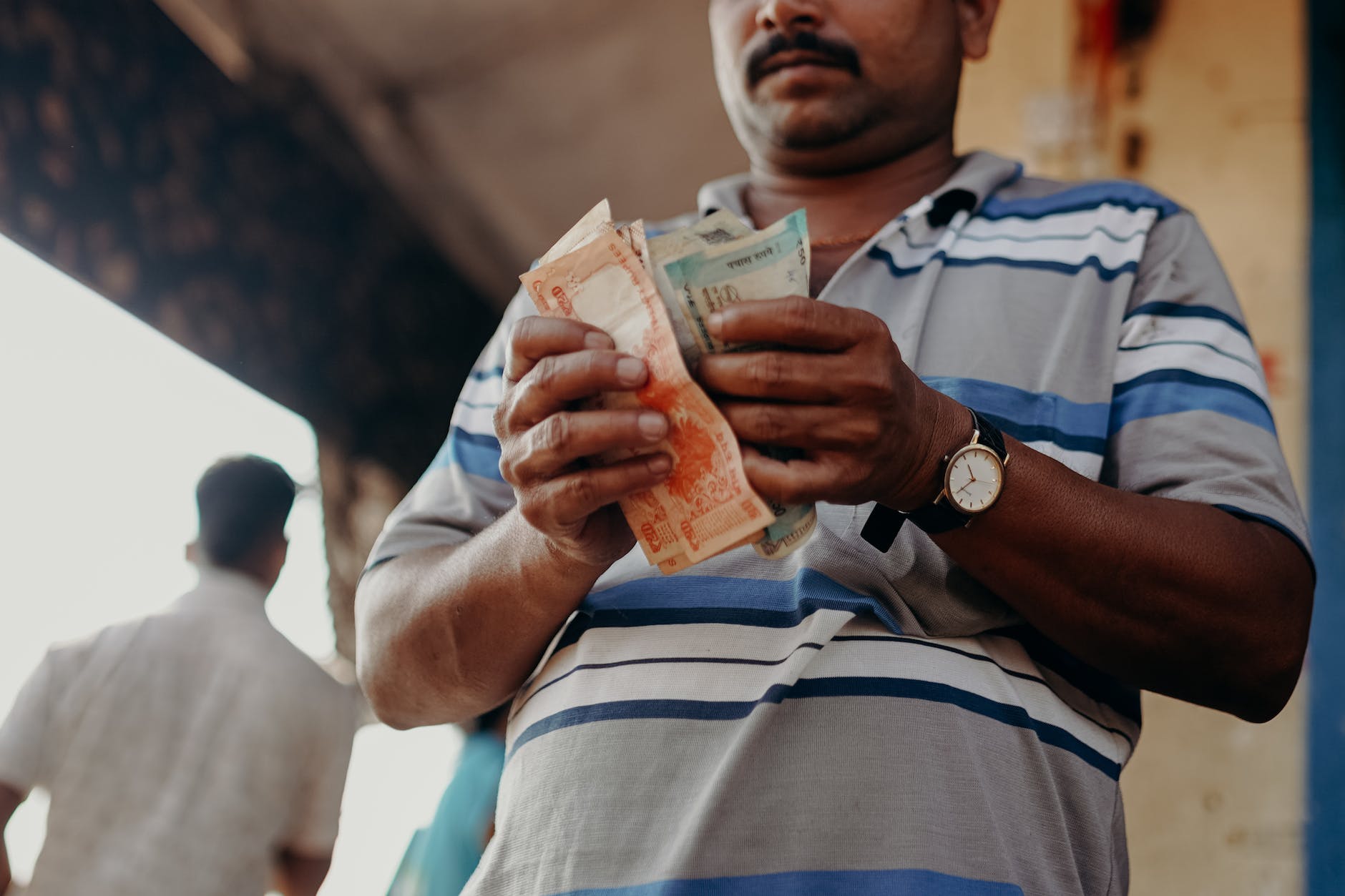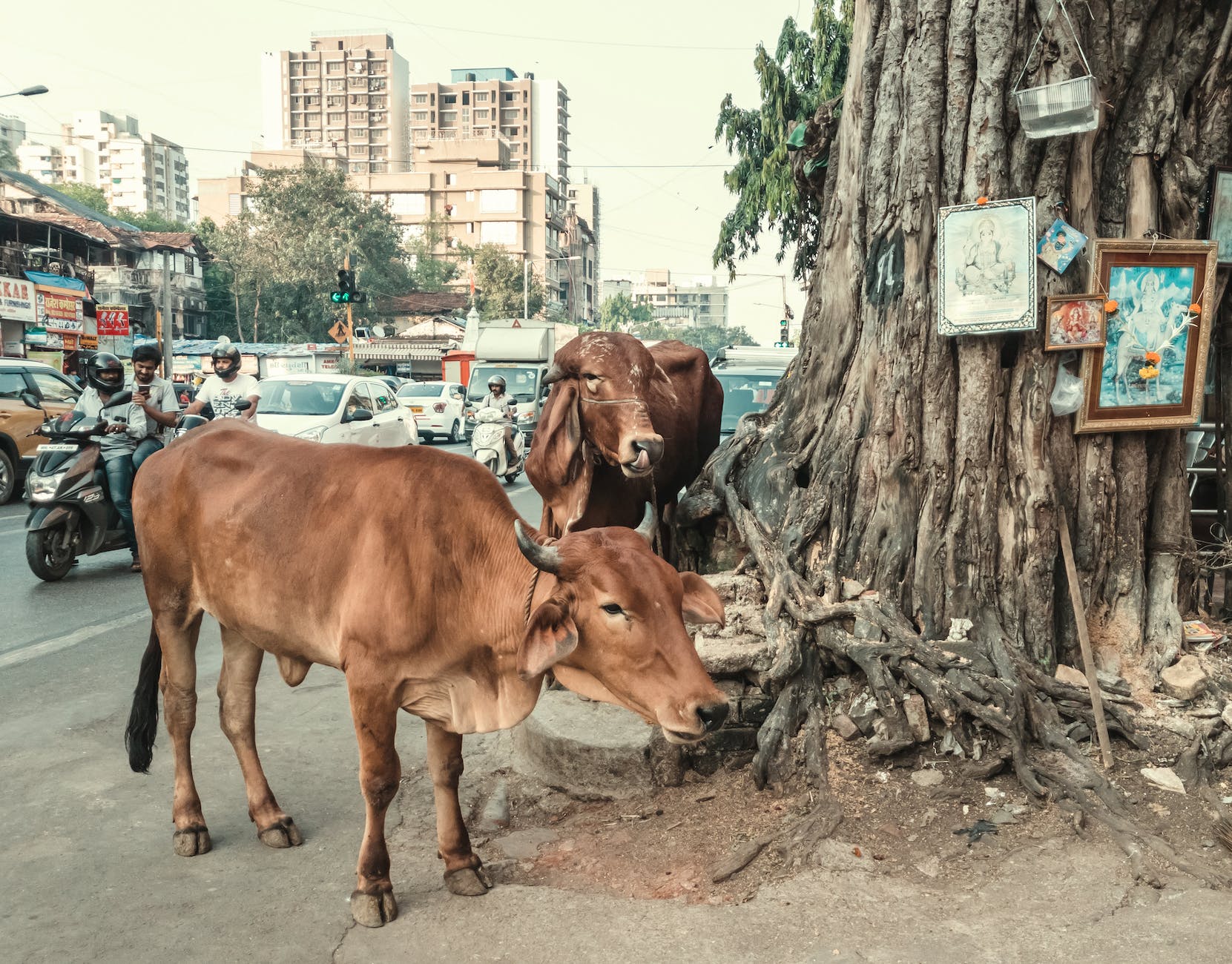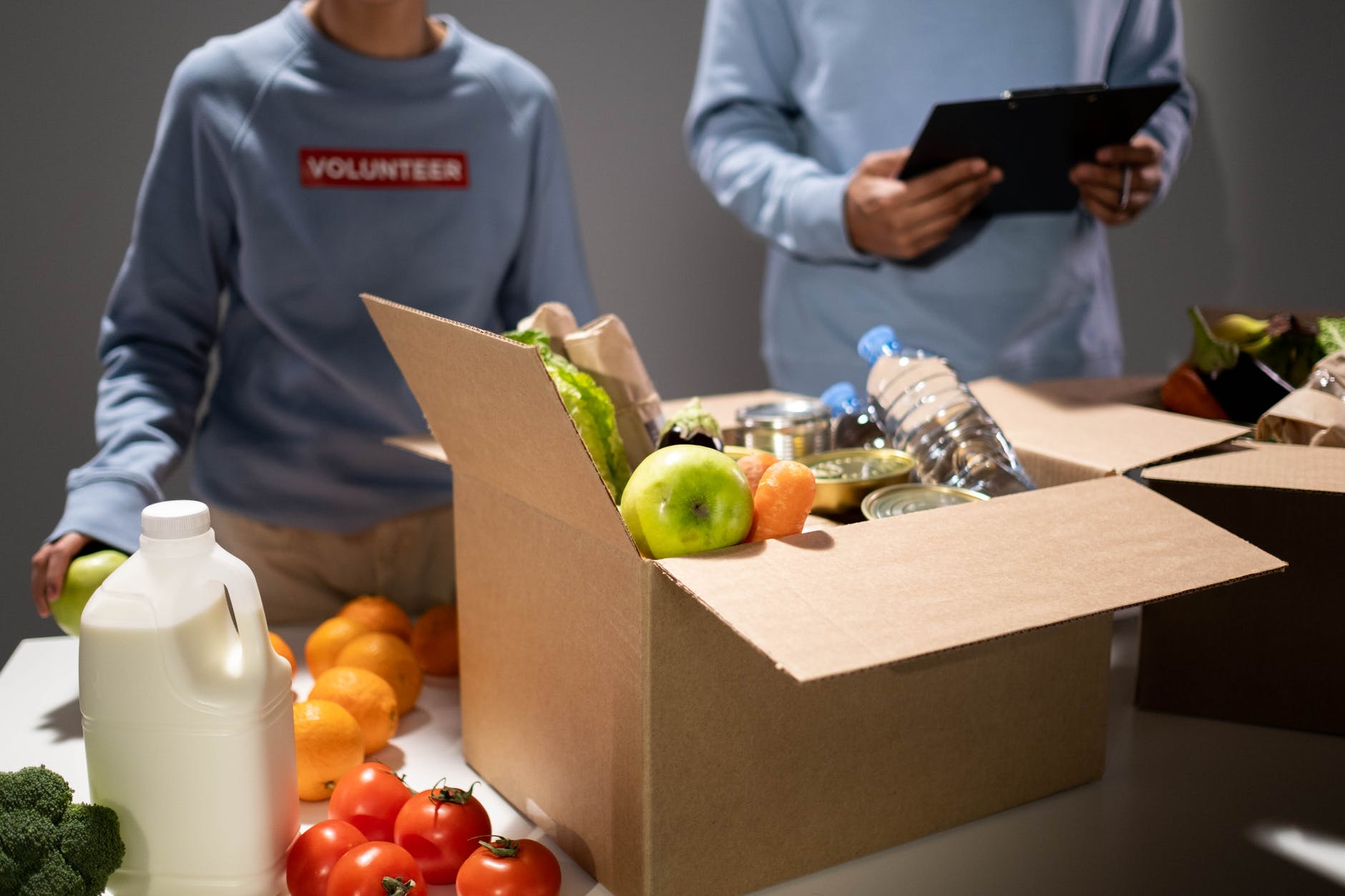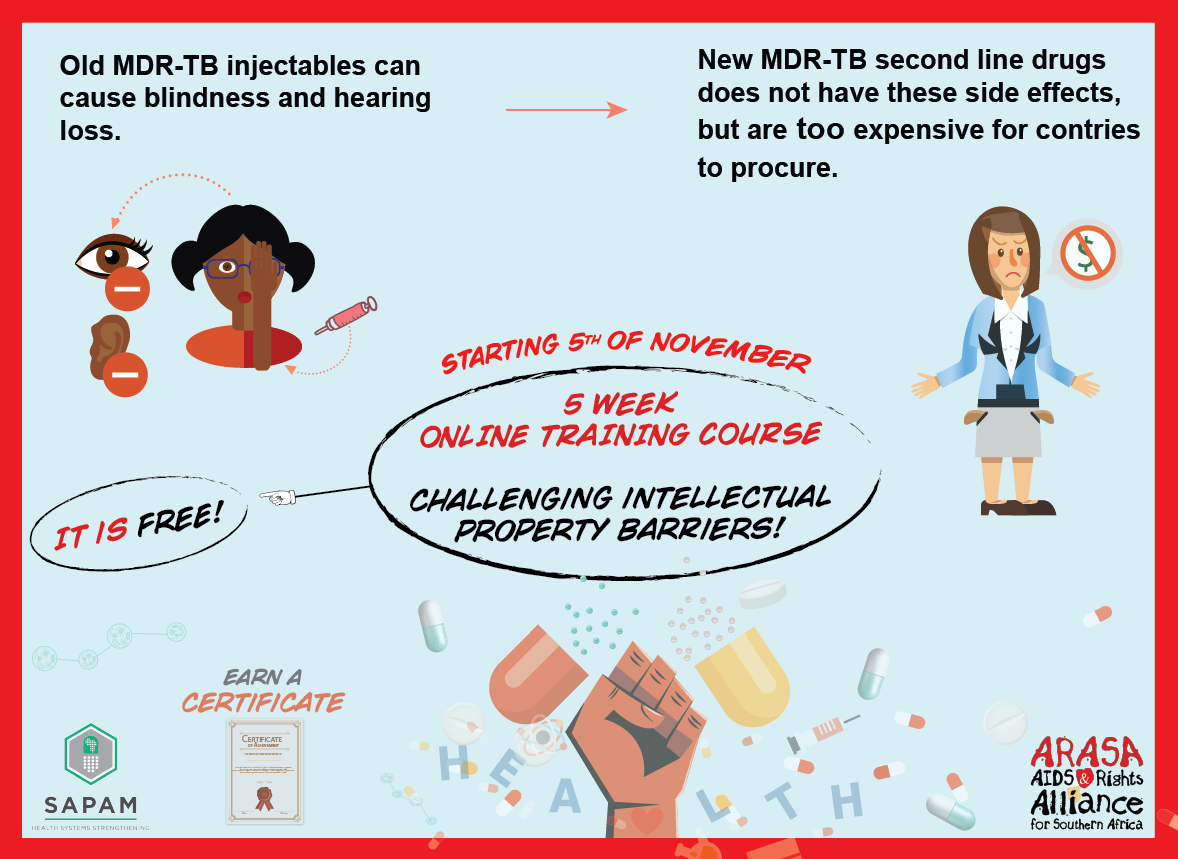The United Nations Secretary-General’s Global Education First Initiative (GEFI) will organize a MENA regional advocacy workshop on Global Citizenship Education (GCED) for young people from 12 to 16 December 2015 in Amman, Jordan.
Organized in partnership with the Generations For Peace, the workshop aims to build the capacity of dynamic young leaders from the MENA region to foster peace using the core components of GCED. The three-day advocacy training will build on the outcomes of the ‘Seminar on the Role of GCED in Fostering Youth Peace builders’, held at the United Nations headquarters in New York from 10-11 September 2015. At the Seminar, youth advocates, educators, experts, NGOs and international organizations explored the root causes and different forms of youth violence; identified aspects within GCED that could be used in preventing and building resilience to violence, hatred, intolerance and conflict; and learned from existing programmes around the world for prevention of conflict and violence targeting youth.
On 25 September 2015, world leaders gathered at the UN Summit for Sustainable Development and adopted the 2030 Agenda for Sustainable Development. This workshop will provide participants with a global platform to discuss with other young leaders how to ensure the successful achievement of the development goals for a more equal, just, prosperous and peaceful world by integrating concepts of GCED into peace-building practices at the local, national, regional and global levels.
Attending participants will be asked to identify specific aspects of GCED and advocacy, reflecting on the global challenges around violence and insecurity. Working both individually and in groups, the young people will expand on these topics, devising advocacy goals and strategies for use at local, national and regional levels. Participants will also engage in information sessions and workshops at the training to support them in this task, on areas such as ‘Advocacy tools to build strategies’, and ‘Bottom-up planning for advocacy campaigns’.
Approximately 50 participants, between the ages of 18 to 24, will be selected on the basis of their past/ongoing engagement and future commitment in educating youth at the local and national levels around GCED. Participants must have a minimum of two years’ experience in youth advocacy activities, an understanding of GCED issues and priorities, and a proven record of influencing change at the local or national levels.
Applications (in English or Arabic) for the Youth Advocacy Training must be received by 30 October 2015 (Midnight, EST), and successful applicants will be notified on 6 November 2015 (EST). Travel and local expenses will be covered for all successful applicants. This Workshop is supported by the Educate A Child.




